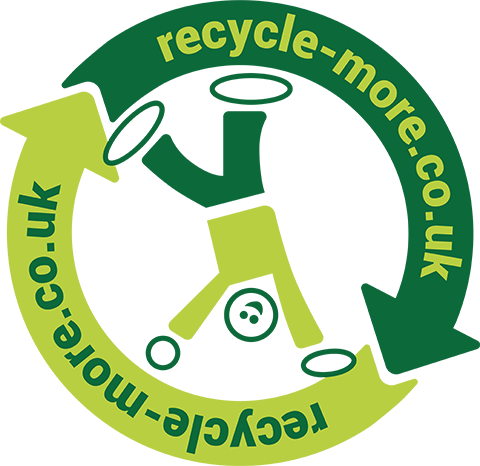
Waste
Waste
Waste production is a reflection of modern consumption and lifestyles. Economically developed countries are producing more and more waste (900 kg a year per inhabitant in the United States), whereas developing countries produce very little (less than 17 kg a year per inhabitant in the Ivory Coast). We produce over 26 million tonnes of household rubbish in the UK and Northern Ireland every year.
The nature of waste is also changing. The materials are synthetic and increasingly complex, resulting in pollution and health problems. Selective waste collection has been introduced in many developed countries. In developing countries, the recovery and re-use of waste materials has long been, and still is, a common activity.
The large quantity of household waste is mainly due to the increase in the amount of packaging over the last 40 years. Other waste such as highly dangerous radioactive waste, which has a long lifespan (several thousand years) or industrial waste, can pose serious health and pollution problems. By thinking about the types of products we buy, how we use them and where we dispose of them, we can dramatically reduce the amount of rubbish our homes produce.
Problems and challenges
Waste, if not properly managed, can cause a change in the environment and its ecosystems.
Globally, only 20% of household waste is treated (incinerated or recycled). Some countries in the OECD (Organisation for Economic Cooperation and Development) send their waste to countries in the Southern hemisphere in order to avoid the high cost of waste treatment.
Although we produce waste, we do not want to have household waste incineration factories or landfill sites near our homes. However, waste is being produced at a much higher rate than it can be destroyed.
Of all the possible solutions, reduction at source is the quickest and most efficient. However, it requires an effort to be made by governments, industry and consumers, and is not easy to put into practice as it means that everyone must change their habits.

Project ideas
- Visit a rubbish tip to see the variety and quantity of things that are thrown away
- Produce an account of the waste collection and treatment sites in the local district or town in order to understand how the local waste sector operates
- Set up a composting machine to look at the idea of biodegradable waste and the plant waste sector
- Visit a supermarket with a list of types of purchases and then carry out a study on the amount of waste produced
- Look at the connection between consumption and waste production
- Carry out a waste audit at your school to see what you are throwing away. Could your school reduce the amount it is putting into its dustbins? Could any of this waste be re-used or recycled?





